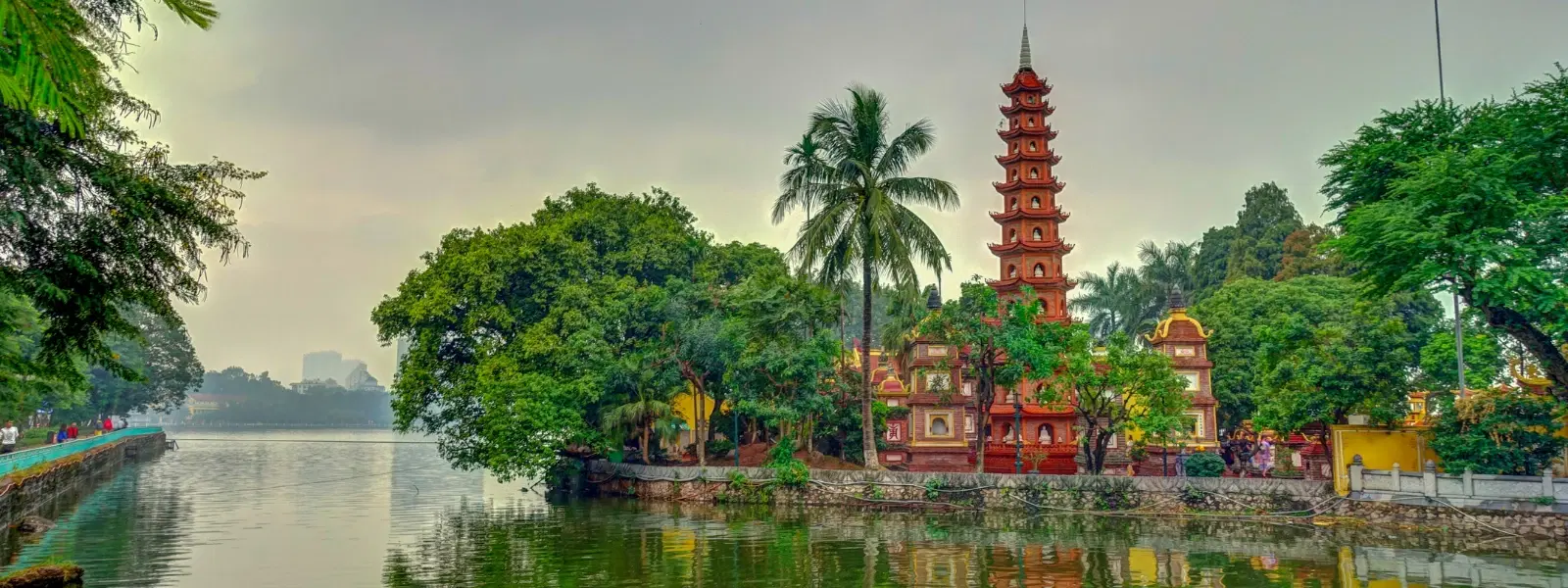
Hotels
•03 min read

Dwarka, a land where myth and history intertwine, beckons the curious with its enigmatic submerged ruins. Known as one of India's most intriguing underwater sites, this ancient city merges the lore of Lord Krishna with centuries-old archaeological revelations. In this post, we journey through 10 fascinating facts about Dwarka's submerged city, unraveling its historical significance and the marvels uncovered beneath the waves.
Long celebrated in Hindu scriptures like the Mahabharata and the Bhagavata Purana, Dwarka is revered as the ancient city built by Lord Krishna. The legend tells of a resplendent city, once a vibrant hub of culture and spirituality, which ultimately succumbed to the forces of nature. Though enveloped by the tides of time, the myth of Krishna’s city persists, captivating the hearts and minds of both believers and historians alike.
Inspired by these age-old legends, archaeologists have embarked on underwater expeditions to investigate the submerged ruins of Dwarka. Remarkable findings, such as remnants of well-planned urban layouts and intriguing artifacts, have begun to mirror the ancient descriptions. These discoveries provide tangible evidence that blends mythological narratives with the historical fabric of the city.
Beyond its mythological allure, Dwarka once thrived as a bustling trade hub. Archaeological studies have revealed that this ancient city was not only a center of religion and culture but also a significant gateway for commerce with West Asia. Marine deposits and various artifacts hint at a sophisticated urban network that linked this coastal city to far-flung civilizations.
Dwarka’s narrative is deeply embedded in India’s cultural and historical identity. The city has been mentioned in ancient texts and continues to be a focal point of modern archaeological research. Its ongoing exploration by the Archaeological Survey of India has solidified its status as a site of immense historical and cultural importance.

Delving into the watery depths, modern marine archaeology employs state-of-the-art technologies like sonar mapping and advanced diving expeditions to study Dwarka’s lost structures. These tools enable researchers to visualize and document ruins that lie submerged beneath the Arabian Sea, unearthing clues to the city’s past.
The underwater explorations in Dwarka have yielded extraordinary finds. Among these are stone edifices, fragments of pottery, and mysterious inscriptions that shed light on ancient urban planning and cultural practices. Such discoveries enhance our understanding of how the inhabitants structured their city, from drainage systems to residential designs.
Scholars and scientists have proposed several theories regarding the submersion of Dwarka. Some argue that tectonic shifts and natural disasters, combined with rising sea levels, contributed to the city’s downfall. These scientific perspectives often harmonize with traditional accounts, fueling further fascination around the lost city.
The authenticity of Dwarka’s submerged ruins remains a subject of vibrant discussion among historians, archaeologists, and geologists. While some remain skeptical, arguing that much of the evidence is circumstantial, ongoing research continues to bridge the gap between myth and reality, lending credibility to both ancient texts and modern findings.

1. Ancient texts refer to Dwarka as a city of gold, illuminating its legendary wealth.
2. The ruins reveal structures that resemble temples and palaces, hinting at a regal past.
3. Evidence of advanced urban planning is visible in intricate drainage systems and well-laid-out streets.
4. The Archaeological Survey of India continues to play a vital role in the exploration of these underwater sites.
5. The mystical connection to Lord Krishna’s life and legacy remains a cornerstone of Dwarka’s identity.
6. Cutting-edge underwater exploration technology has unearthed details that were once considered pure myth.
7. Discoveries of marine fossils and sediment deposits help date the submersion and reveal climatic clues.
8. Some theories suggest that natural climate change events may have triggered the submergence of the city.
9. Dwarka is acknowledged as one of India’s most significant underwater heritage sites, offering a glimpse into an ancient civilization.
10. Preservation and ongoing archaeological studies demonstrate a persistent effort to honor and learn from Dwarka’s submerged past.
Yes, marine archaeologists have uncovered submerged structures, artifacts, and sediment deposits that attest to the existence of an ancient city beneath the waves.
Currently, there are no public submarine tours available for exploring Dwarka’s underwater ruins. Research expeditions continue to unlock its secrets.
The mystery stems from its dual identity as both a mythological city described in revered texts and an archaeological site revealing evidence of advanced urban planning.
Intriguing aspects of Dwarka include references to it as a city of gold, its status as an ancient trade hub, and the sophisticated urban planning evident in its submerged ruins, all closely tied to the legacy of Lord Krishna.
The submerged city of Dwarka stands as a testament to the rich tapestry of Indian history, where myth and archaeology coalesce to tell a story of splendor, trade, and resilience. Its blend of ancient texts and modern discoveries continues to captivate and inspire, urging enthusiasts to delve deeper into the mysteries beneath the sea. Through this exploration, readers gain a richer understanding of the cultural and historical significance of Dwarka, solidifying its place as a beacon of India's underwater heritage.